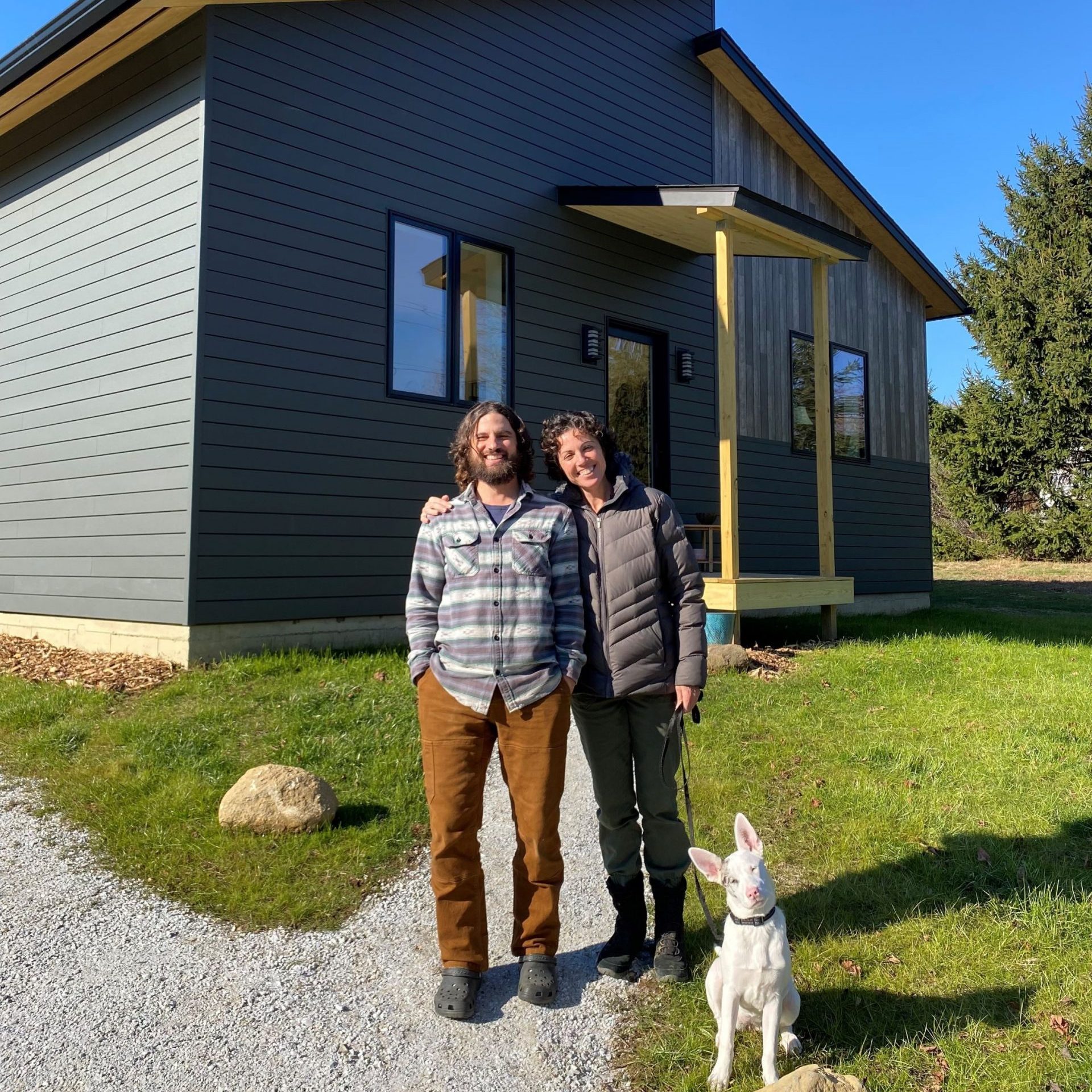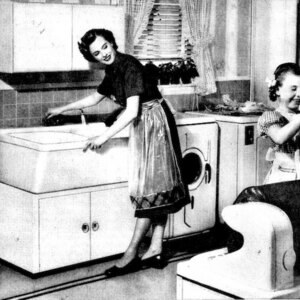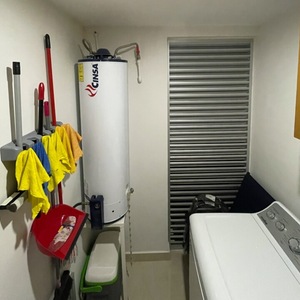
The order of the most common sources of homeowners’ insurance claims changes often. Wind, hail, lighting, fire, and water damage always make the list, though the type and severity of damage they cause varies. So do the chances that the damage is covered. When it comes to water damage, the range of likely claims may include plumbing and appliance leaks, roof leaks, and rain- and snow-storm damage. Policies often don’t cover water damage that starts on or in the ground around the house like flooding, backed up foot drains, a malfunctioning sump pump, or a leaky foundation. They do often cover plumbing leaks. Of course, the only way to know for sure what’s covered is to read your policy.
At well over $10,000, the average value of water damage claims is not insignificant. When it comes to plumbing leaks, those that are caught quickly may not cause enough damage to warrant an insurance claim, while those that go undetected can result in more severe damage including rot and mold. Moreover, water leaks don’t have to be damaging to be costly. If you pay for water or live in an area where water conservation is important, undetected leaks can be wasteful. So, if you could minimize the damage and cost of a plumbing leak by finding it as soon as it starts, would that be worth $100? How much would you be willing to spend on a device that automatically shut off the water supply when a leak was detected?
When designing and building a house, there are a lot of possibilities for “cheap insurance.” Waterproofing plus a dimple mat on the foundation (in case you finish the basement someday), air-sealing tape and expanding spray foam around windows (the old “belt-and-suspenders” approach), a heat pump and backup electric baseboard heaters…
Weekly Newsletter
Get building science and energy efficiency advice, plus special offers, in your inbox.

This article is only available to GBA Prime Members
Sign up for a free trial and get instant access to this article as well as GBA’s complete library of premium articles and construction details.
Start Free TrialAlready a member? Log in















7 Comments
A previous home (a townhouse) had plunger-style shutoffs. These cheap, one-piece shutoffs are a disaster waiting to happen. To avoid potential problems, I had all them removed and replaced with standard shutoff valves. The CPVC made the swap-over a little tricky since too much pressure (on the compression fittings) could crack the pipe and too little drying time (in the glue-ons) could compromise the bond. As an extra safety measure, I installed a whole-house shutoff and place leak sensors on each floor.
One of my neighbors also replaced her shutoffs, but one fitting on the top floor failed while she was not home. (She did not have a whole-house shutoff.) Fixing the water damage took weeks and cost more than $40,000.
I'm in the process of renovating a one-level place, and it had the same junky shutoffs. All have been replaced. Even though there is less risk with a single-story home, I'm about to install a Moen Flo Shutoff as a just-in-case. The new engineered oak floors that just went in were shockingly expensive and $500 is not much to spend to avoid having to rip them out.
With the Flo, the algorithm that monitors usage apparently does not respond well to unexpected usage. My plumber shared a story about a customer who put one in a few weeks before his daughter returned from college. He got a panicked call from her when the water stopped midway through a shower. The father checked his phone and saw an alert from the Moen app. Since no one typically took 30-minute showers at that time of day (or ever, really), the software thought there was a leak and activated the shut-off. I understand the app has an override, but the whole alert and override function is not instantaneous.
Hey Steve,
Thanks for sharing your experience.
I heard a similar anecdote from a plumber when researching the article. One of his clients came in atypically late in the evening and decided to take a shower. He had just enough time to get wet before the leak detector closed the valve. I believe that with most systems you can override the auto shut-off setting, but of course, the person taking the shower needs to know to, and know how to do that.
That's a funny story of the 30 min. shower (not so funny for the homeowner). It goes to prove that all the wired or wi-fi technology does not always works best. Same goes to home appliances. It's just lipstick on a pick.
Ha! Armando and I are showing our age in this discussion. I'll suggest some decidedly 20th century solutions:
One common problem with almost every house is that the main water shut-off is inaccessible, or at the least inconvenient to use. I recently moved mine to a discrete location right by the front door. We are now much more likely to turn it off when going out.
You can also significantly reduce the chances of damage by not running appliances when you aren't home, and replacing supply lines regularly.
I did my research for this topic and ended up purchasing and installing a Flo by Moen. The Flo has already saved me once, automatically shutting off the water when a toilet malfunctioned after a flush without us realizing (no water damage would have taken place but we would have wasted a lot of water before we would have realized it). Being able to easily turn the water off to my house from an app on my phone is great for long weekends away. I intentionally installed it on a water line that didn't have the irrigation on it, so I won't have to worry about that.
Another added benefit of the Flo that I didn't see in the article is every night the unit will perform a leak check (it will turn the valve off around 3-4 AM and make sure the pressure on both sides are maintained for a few minutes). This would be a way to catch a small leak inside your walls or somewhere else that you wouldn't notice until you got some discoloration in a ceiling.
I purchased the remote water sensors as well, which didn't work for me out of the box but Moen agreed to replace them so we'll see how they turn out.
Does anyone have any experience with the YoLink and Govee sensors/systems?
Great write up on a great topic Brian! I am a home automation enthusiast and am currently on my second generation of the Flume water sensor (using Flume for a total of ~4yrs).
I lost my first sensor when the utility upgraded my water meter when I was on vacation. (I only figured out what happened because of some security cameras I had set up.) They reimbursed me, and by time I ordered they had the current version.
One important thing about Flume is how easy it is to install; it is secured TO the water meter with the included equipment (nice bungee). It uses the sound of water passing through the (compatible) water meter to determine how much is being used. I have it set to let me know when I hit certain use thresholds (like 50% and 90% of target) for the month. It’s generally great for whole-home monitoring and overall situational awareness. I did have trouble with a leaking toilet (caught by hearing it) and it took the Flume a while to tell me I had a leak, probably because it was so slight. I could see 0.3 gallons was being used every hour throughout the night so I would have been able to see it the next time I was in the App or when I received a notification for higher monthly water use.
I recommend the Flume, it is accurate and gives you some whole home awareness and potentially peace of mind. When the time comes I will probably add an in-line solution when we redo all of our plumbing. Hopefully I’ll be able to add a Flo-like solution to a home-hub that can determine presence in a bathroom (via motion sensor or light activation)—when the water is running at an odd hour—to prevent an unexpected shut off!
Log in or become a member to post a comment.
Sign up Log in